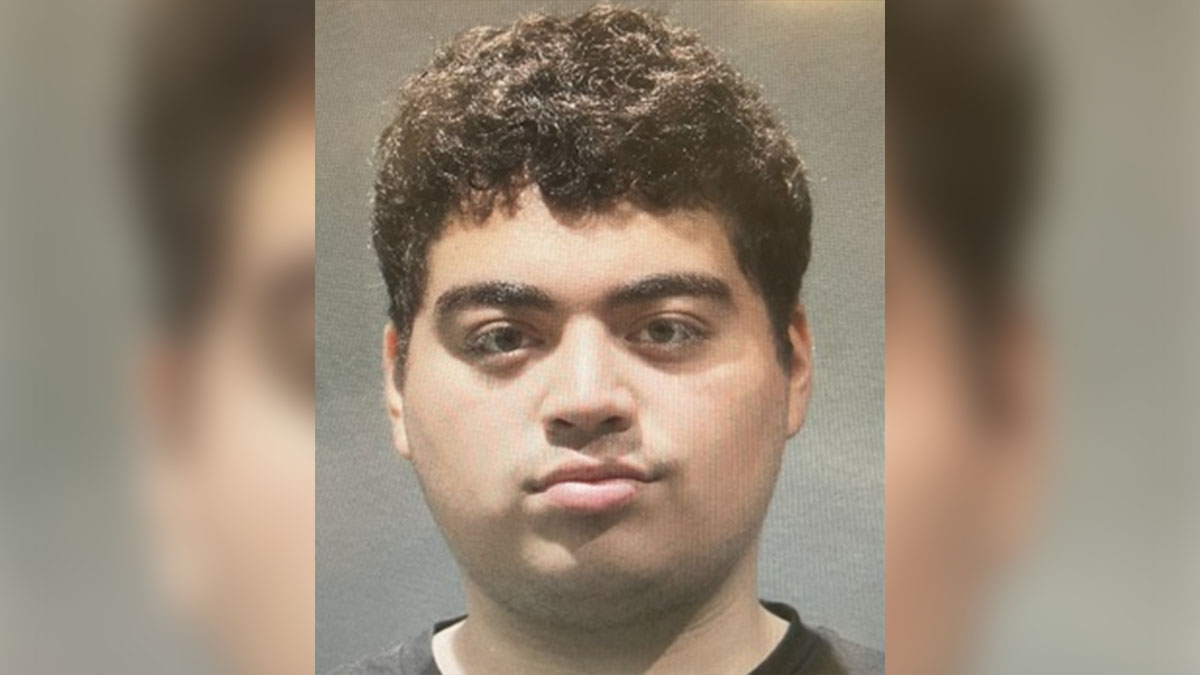Maryland voters will decide on Election Day this November whether to legalize recreational marijuana.
A new ad campaign led by retired Baltimore Ravens football player Eugene Monroe launched in support of the referendum, known as Question 4. It’s meant to convince voters to support legalizing recreational marijuana for adults 21 and older.
“We’ll expunge the criminal records of Marylanders who are unfairly targeted for minor cannabis offenses,” the ad says.
Monroe is a partner with Green Thumb Industries, one of the country’s largest owners of medical cannabis cultivation and dispensary facilities.
We're making it easier for you to find stories that matter with our new newsletter — The 4Front. Sign up here and get news that is important for you to your inbox.
The law would allow adults to possess up to 1.5 ounces of marijuana and grow two marijuana plants. It would take effect in July. Selling pot would still be illegal in the state.
In Monroe’s ad, voters are told legalizing recreational use would boost the economy, create jobs and funnel tax money into education and public safety.
ACLU of Maryland supported the legislation, saying the war on drugs has negatively affected people of color. Black people continue to be arrested more than white people, and Black people are arrested at higher rates in nearly every county in Maryland even though Black and white people use marijuana at virtually the same rates, the group said.
Local
Washington, D.C., Maryland and Virginia local news, events and information
The lead sponsor of the bill in the House of Delegates said thousands of people are arrested for possession of small amounts of marijuana every year — many of them people of color.
“African Americans and people of Hispanic descent have disproportionately been arrested and convicted of these crimes,” Del. Luke Clippinger said.
Many Republicans voted against the referendum, with some saying it should be voted on by lawmakers instead of sending it to voters directly. The General Assembly passed the legislation in its last session.
If passed, the legislature will take up how marijuana will be sold and taxed in the state next year.



